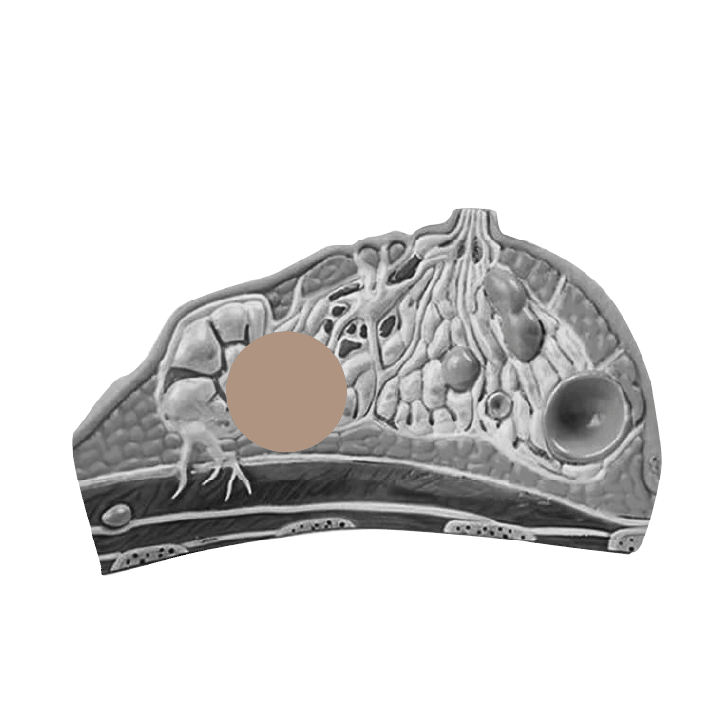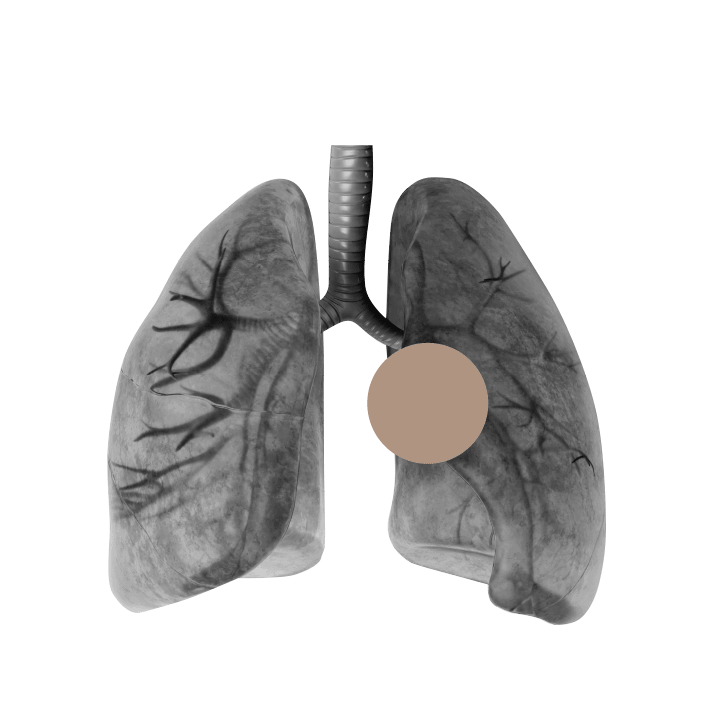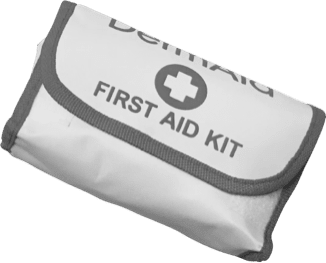9/11 Lung Cancer Benefits Claims
The attack on the World Trade Center in New York City caused lasting devastation, including lingering health problems for 9/11 survivors, residents of the area, and first responders. There are resources available for survivors through the Victim Compensation Fund (VCF) and World Trade Center Health Program (WTCHP). The WTCHP covers over 70 different cancer types and provides treatment and medication for 9/11 first responders and cancer survivors.
If you or someone you love has a 9/11 lung cancer claim, contact the law firm of Pitta & Baione LLP to discuss your case. You may be eligible for compensation.
MAXIMUM PAIN AND SUFFERING AWARD FOR
LUNG CANCER:
$250,000
*Does not account for additional conditions or other forms of loss. Prior results and outcomes are not guaranteed.
DO I NEED A 9/11 LUNG CANCER ATTORNEY?
At Pitta & Baione LLP, our lawyers are experienced in filing claims under both the VCF and WTCHP, which means you are more likely to receive 9/11 benefits and compensation for your cancer claim. Our team also works on a contingency fee basis, meaning that there is no cost to you unless we win your 9/11 lung cancer case.
By hiring a 9/11 attorney, we can help you navigate the landscape of filing for your claim, and our expertise can help to obtain quicker access to your benefits as opposed to you filing alone. The 9/11 lawyers at Pitta & Baione LLP have won hundreds of millions in claims for our clients.
CAUSES OF LUNG CANCER IN WORLD TRADE CENTER SURVIVORS
While there are many causes of lung cancer, several are related to exposure that survivors experienced during and after the attack at the World Trade Center. These causes include exposure to dust, chemicals, diesel, exhaust, air pollution, and asbestos.
SYMPTOMS OF LUNG CANCER
Symptoms of lung cancer sometimes appear as signs of other diseases, which makes early diagnosis difficult. Some common symptoms include:
- Wheezing
- Shortness of breath
- Frequent infections of bronchitis or pneumonia
- Loss of appetite
- Unexplained weight loss
As lung cancer spreads and progresses, additional symptoms, such as bone pain, swelling, nervous system side impairment, hormone problems, and various syndromes may commonly develop.
VARIETIES OF 9/11 LUNG CANCER DIAGNOSES
Lung cancer is typically split into either “small-cell lung cancer” or “non-small-cell lung cancer. ” Most lung cancers are of the non-small-cell type, while small-cell cancers account for about ten-to-fifteen percent of lung cancer cases. These cancers all have different presentations, affect different areas of the lungs, spread at different rates, and respond to treatment differently.
For example: “Large-cell lung cancer,” one of the common non-small-cell lung cancer types, tends to spread rapidly. The type and stage of cancer you have will determine the appropriate treatment plan, which may not be the same for everyone.
CANCER TREATMENT OPTIONS FOR 9/11 SURVIVORS
Treating 9/11-related lung cancer can be difficult, due to the frequently late stage at which it is diagnosed. Common treatments include surgery to remove cancerous tumors, as well as radiation and chemotherapy. Your doctor may also suggest complementary or alternative lung disease treatments. After initial treatments to prevent the spread of lung cancer and remove the cancer from your body have been conducted, follow-up monitoring is required to catch up any resurgence of cancer.
CONTACT A 9/11 LUNG CANCER LAWYER
If you or a loved one suffer from 9/11 lung cancer, contact a September 11th attorney at Pitta & Baione LLP by completing our online contact form or calling us at 844-901-1312.
PITTA & BAIONE LLP SUCCESSFUL CLAIMS









